Potteries urged to look to future amid closures
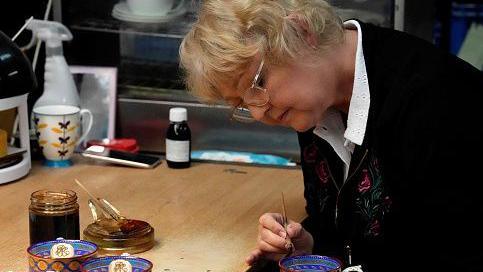
Stoke-on-Trent was strongly associated with its gifts and tableware made of pottery, Ceramics UK said
- Published
Firms in the pottery industry in Stoke-on-Trent have been urged to move to new technology in the wake of the closure of several high-profile businesses.
Tony Kinsella, at science consultancy firm Lucideon, which is based in the city, called on people to focus on the future, so the city, known as The Potteries, did not become "a museum".
His plea follows a series of pottery firms going out of business, with Moorcroft the latest to announce its collapse, and Mr Kinsella said energy costs were "bringing the industry to its knees".
However, Ceramics UK, a trade organisation that represents companies of all sizes in the industry, said the idea the industry was in decline was exaggerated.
Mr Kinsella said new uses for ceramics included components in mobile phones, cars, aircraft engines, and even knee and hip joints, as well as dental products such as veneers.
As an example, he said Lucideon put ceramic tiles on Nasa's Perseverance rover, which landed on Mars in 2021, as its cameras used the tiles as a colour palette.
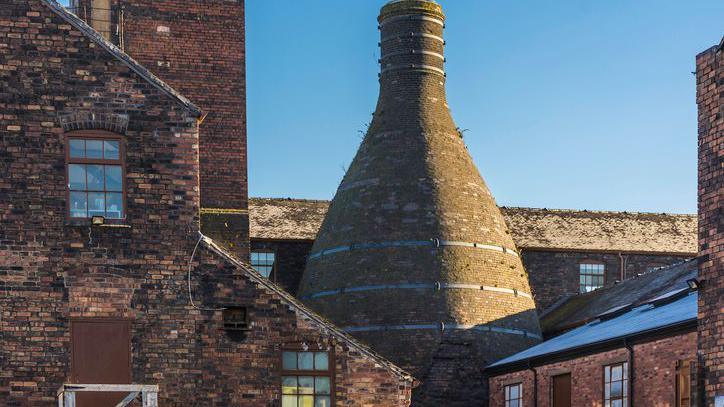
The city has seen several businesses close in recent years
A centre of excellence is run by the firm in Stone, Staffordshire, which has carried out research looking at using hydrogen to power kilns, to create what staff call a "green burn".
Over the years, kilns have moved from coal energy to natural gas and are now switching to electricity but Mr Kinsella said that was the most expensive energy source.
He called for government support for the ceramics industry in the UK.
Museum fears for city
However, Robert Flello, chief executive of Ceramics UK, said while the industry faced the pressure of going greener, the organisation's members continued to invest in new plant and machinery, to reduce their carbon footprint.
"With the right support from government, the UK ceramics sector, which is highly respected at home and internationally, can continue to thrive and grow," he said.
At the Department for Business & Trade, a spokeswoman said: "Ministers continue to engage closely with the ceramics sector to understand the challenges and provide support, ensuring the industry is globally competitive as part of our Plan for Change."
Mr Kinsella also criticised a focus on the history of the potteries in Stoke-on-Trent and said it had led to a "crazy feeling of turning Stoke-on-Trent into a museum".
Last year, calls were made for Stoke-on-Trent to be designated a world heritage site after it was granted World Craft City status.
Mr Kinsella questioned why there were 50 listed bottle kilns in Stoke-on-Trent and said some could be given new uses.
A Stoke-on-Trent City Council spokeswoman said Historic England was responsible for adding buildings to the National Heritage List.
She said listing a building did not mean it could never be changed or re-purposed but it did present significant challenges, and any proposed schemes needed to be appropriate and sustainable.
"We are working closely with a range of partners to ensure we not only protect our heritage assets but, where appropriate, bring them back into sustainable use," she said.
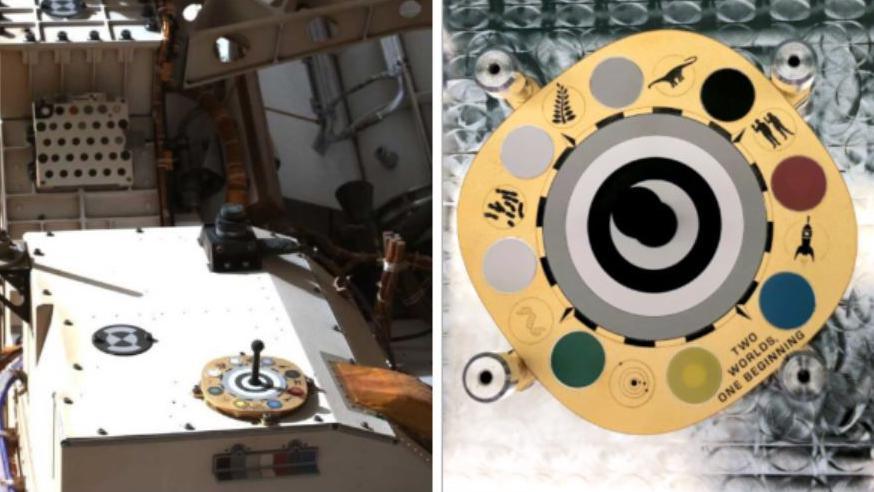
Tony Kinsella said Lucideon put tiles on the Mars rover
This autumn, Stoke-on-Trent will host the British Ceramics Biennial 2025, with six weeks of exhibitions, screenings, talks and events at the former Spode factory.
Clare Wood, the event's artistic director and chief executive, said staging it helped to maintain national and international interest in the city, which was important for the industry and people working in it.
Get in touch
Tell us which stories we should cover in Staffordshire
Follow BBC Stoke & Staffordshire on BBC Sounds, Facebook, external, X, external and Instagram, external.
Related topics
- Published2 May
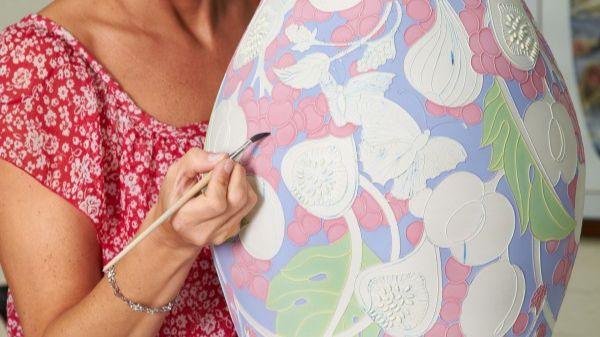
- Published1 May
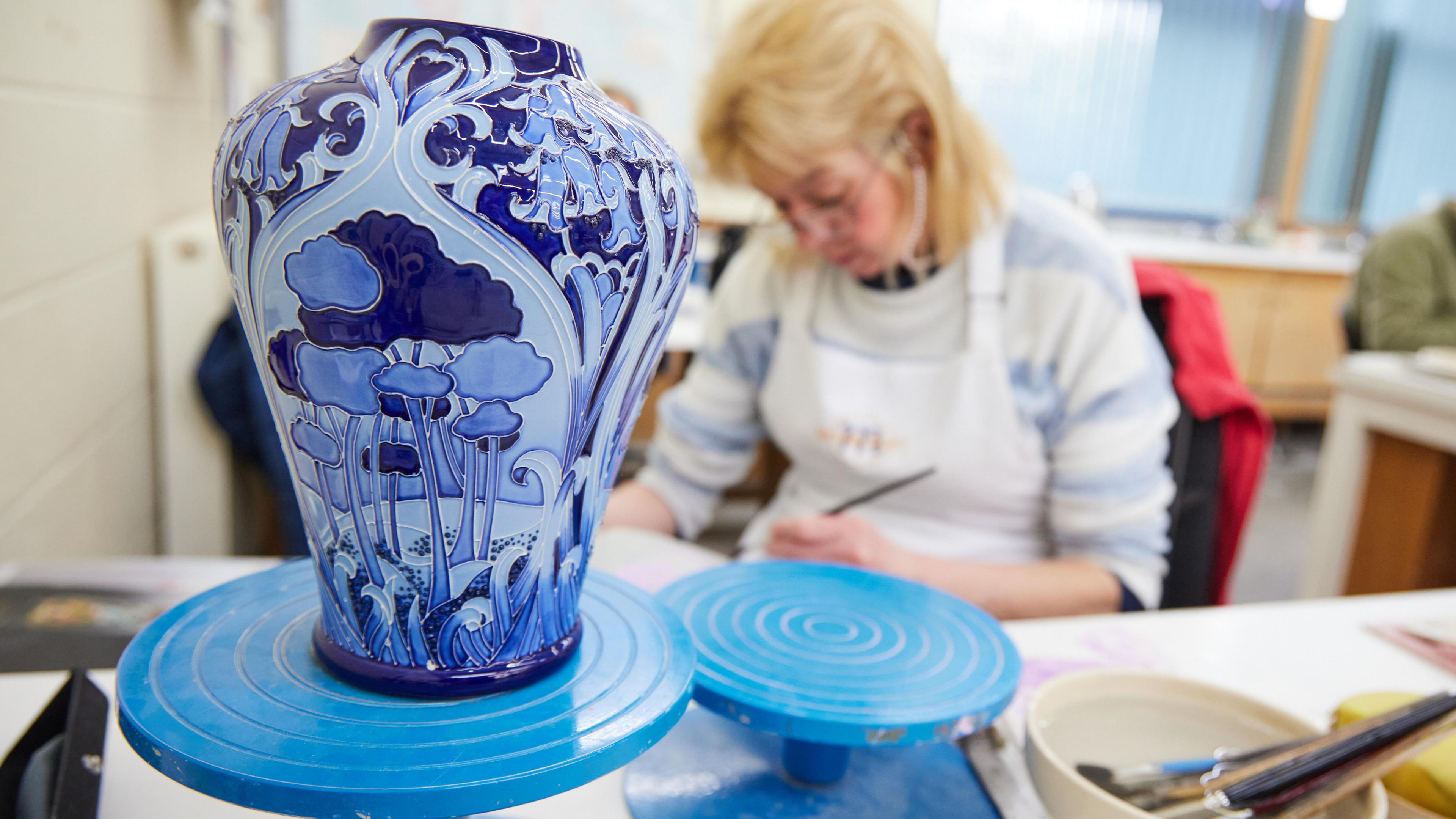
- Published21 August 2024
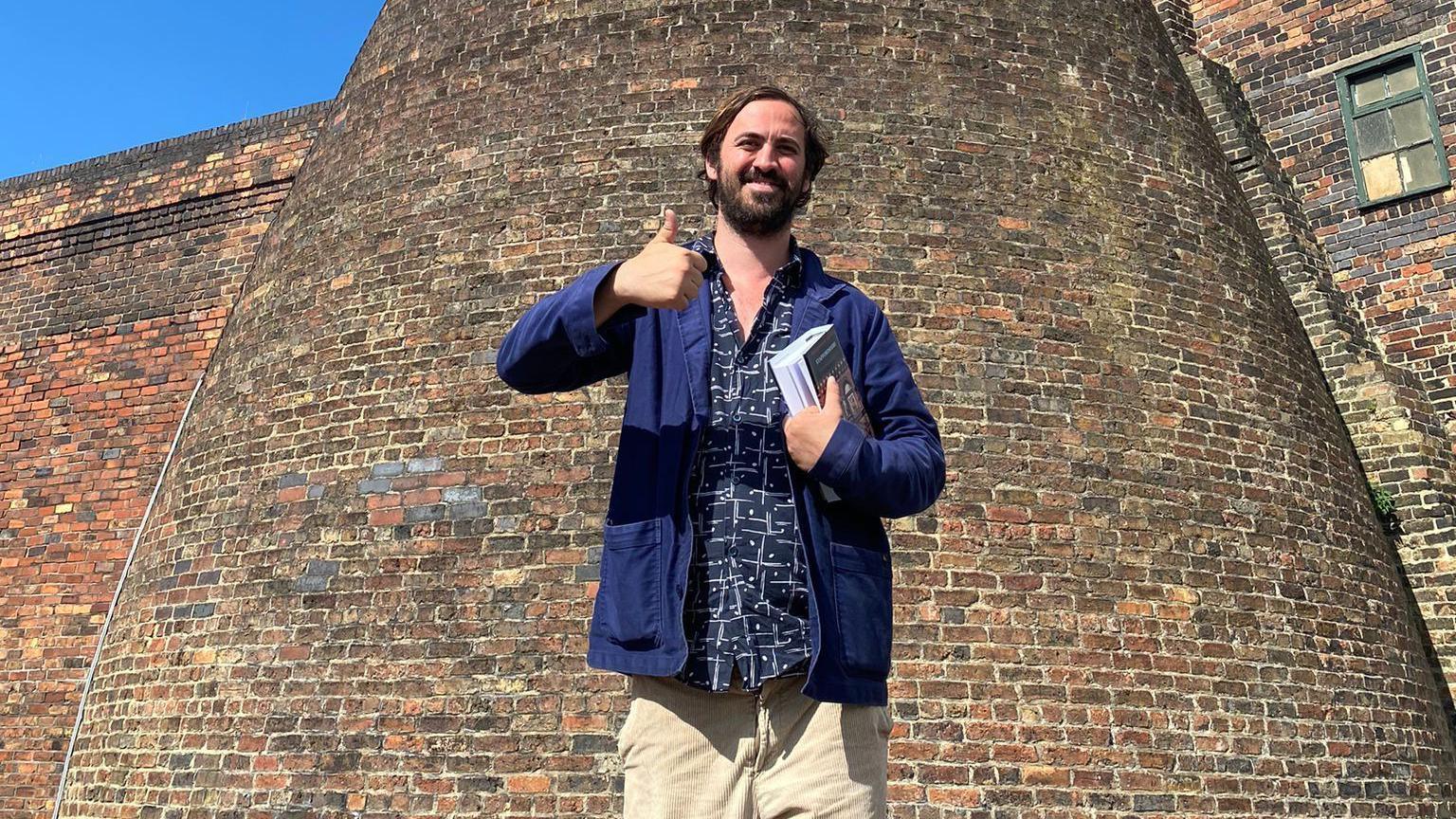
- Published25 September 2019
